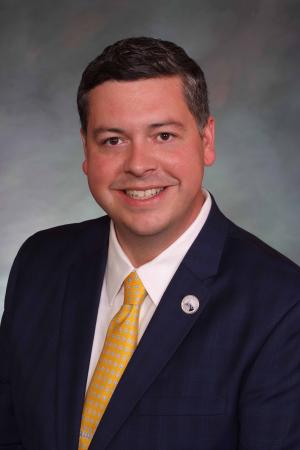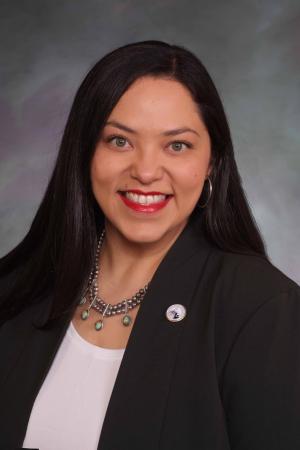DENVER — Despite polling that shows Coloradans don’t support a ban on plastics and would be less likely to vote for a lawmaker supporting such a ban, legislative Democrats are moving forward on a newly proposed bill that would do just that.
House Bill 21-1162 would “prohibit stores and retail food establishments, on and after Sept. 1, 2022, from providing single-use plastic carryout bags to customers.” “Store” includes temporary vendors such as farmers’ markets, roadside markets or stands, festivals, or any event that includes temporary vendors.”
HB-1162 is being sponsored by the same trio of Denver Democrats — Representatives Alex Valdez and Emily Sirota and Sen. Julie Gonzales — that saw a similar bill in 2020 fail.
They are joined by fellow House Democrats Lisa Cutter from Arapahoe County; Julie Amabile, Tracey Bernett and Edie Hooton from Boulder County; Cathy Kipp from Larimer County and fellow Denver Rep. Steven Woodrow.
However, a recent poll conducted by Myers Research showed:
- Fifty-nine percent of Colorado voters oppose the ban.
- Thirty-nine percent favor the ban.
- Seventy-seven percent said they want no additional regulations or prefer moderate regulations.
- Six-in-10 voters said it would make them less likely to support a legislator who votes for an outright ban on these plastic materials.
- In Denver proper, 50 percent said it would make them less likely to support a legislator who voted for a ban, while 34 percent said it would make them more likely.
- Sixty-four percent of those in suburban Denver said they would be less likely to support a legislator voting for an outright ban on these plastics.


“Overwhelmingly, Colorado voters want to expand the recycling of single-use plastic items – 74 percent indicate as much – with a majority (51 percent) saying they strongly support more recycling of these items,” the report said. “Just 20 percent wish to ban them altogether. Voters clearly understand the impact that an outright ban would have on restaurants, many of which are small businesses in their communities, as 83 percent say an outright ban would have a major or somewhat large impact on local restaurants. Because of the pandemic, there is no appetite for more regulations on restaurants as it relates to plastic items at this point.”
Despite conflicting language concerning the exact date at which single-use plastics bags will no longer be able to be sold at the point of purchase, the bill says inventory purchased before Sept. 1, 2022, and used on or before March 31, 2023, is exempt. However, customers will face at minimum a 10-cent per bag fee. Municipalities would be allowed to raise that charge under separate local ordinance. The bill also says only recycled paper bags will be available for an at minimum 10 cent fee after Sept. 1, 2022.
The fee appears to be exempt from recently passed Proposition 117 as it would not fund a new state enterprise fund, rather 60 percent of the money collected would be sent on a quarterly basis to the local municipality, while the stores and retail food establishments would retain the other 40 percent.
It is not clear what government service the person paying the charge is being provided, which is one of the traditional definitions of a “fee.” For example, paying a fee to get a driver’s license renewed, or a fee to pull a building permit. This raises the question of the bag charge resembling a tax more than a fee, which would require a vote of the people under Colorado’s Taxpayer’s Bill or Rights, or TABOR

HB-1162 also bans after Jan. 1, 2022, the use of certain other single-use plastics, such as expanded polystyrene (a rigid foam used in to go packaging) product for use as a container for ready-to-eat food. Current inventories purchased before then could be used until depleted. The ban is phased in up to 2024 so certain school-based businesses. This year’s version did not include plastic straws and drink stirrers as the previous version did.
Further, the bill authorizes a local government to enforce a violation using a civil penalty of $500 for a second violation or $1,000 for a third or subsequent violation. Those fines are much higher than the previous bill which was capped at $100 per incident. It also allows local governments to impose even more stringent fees and penalties beginning July 1, 2023.
No one could be reached at the Colorado Restaurant Association, but the bill is expected to be opposed again by the group as well as other trade associations.


